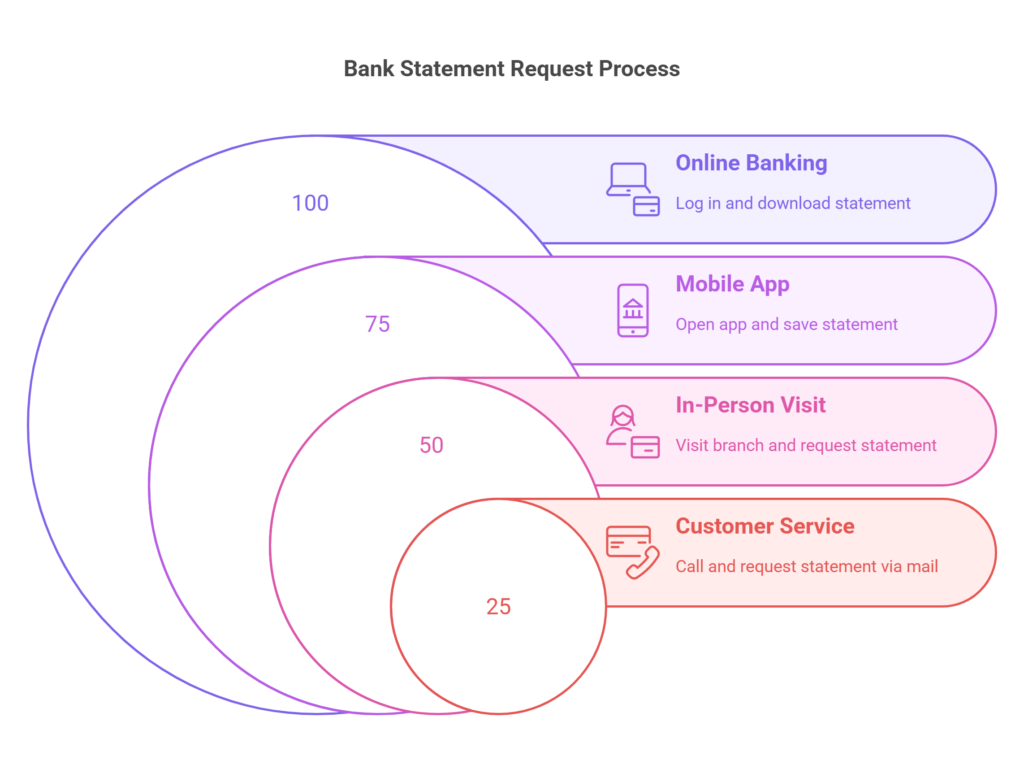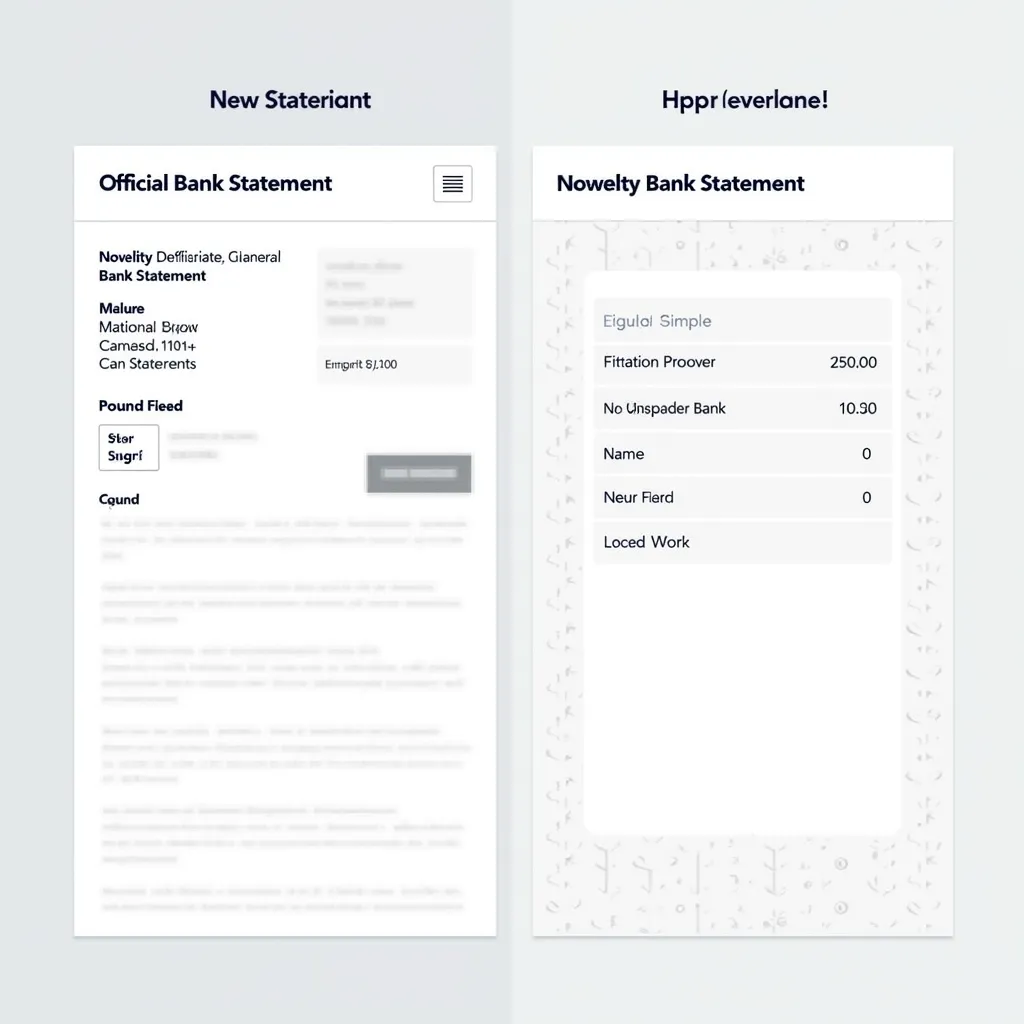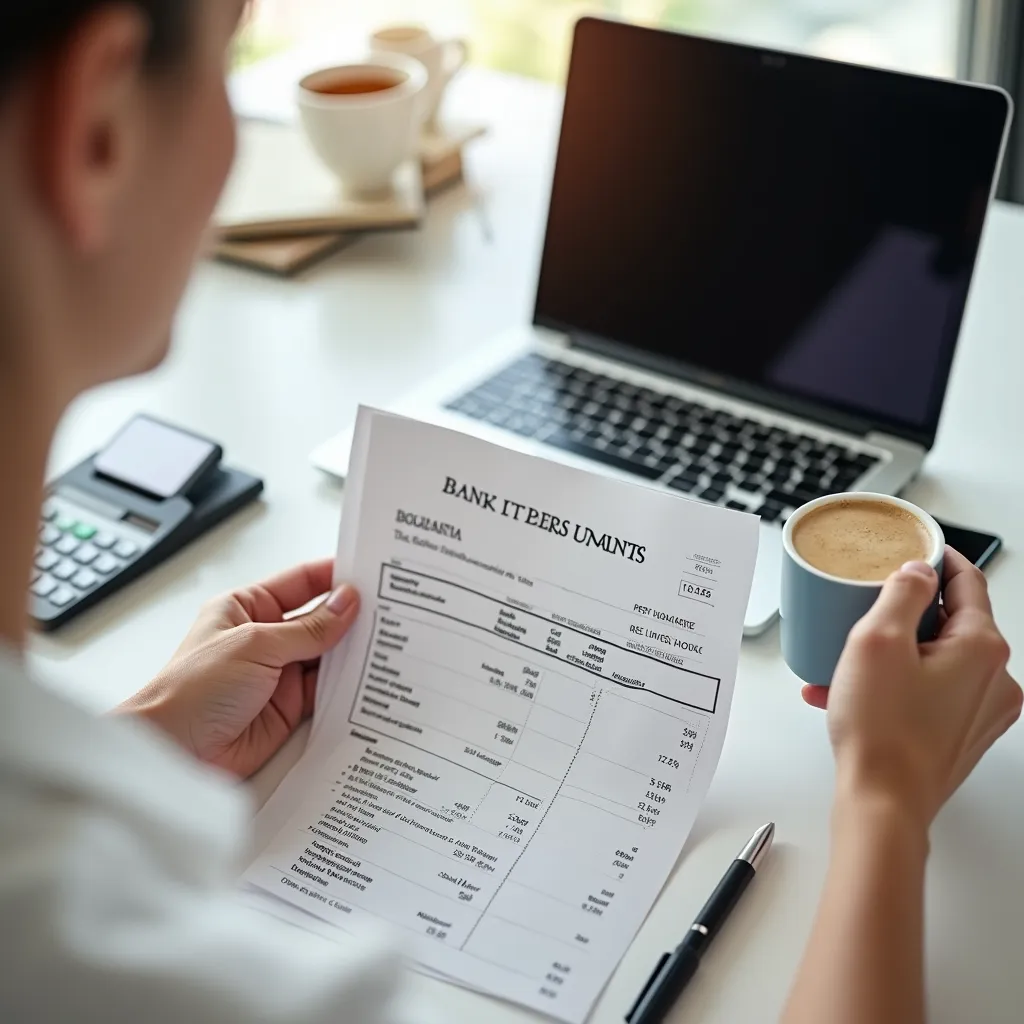Bank statements are more than just pieces of paper—they’re proof of your financial history. Whether you’re applying for a loan, renting an apartment, or sorting out your taxes, having a clear and accurate bank statement is essential. But what if you need a new one? Can you generate a bank statement yourself? Let’s break it down.
What Is a Bank Statement, and Why Would You Need a New One?
A bank statement is a summary of your financial transactions over a specific period. It includes details like deposits, withdrawals, and account balances. Most banks provide these statements monthly, either digitally or in print.
But life isn’t always straightforward. Maybe you lost your statement, need one for a specific purpose, or want to correct an error. In some cases, people even look for novelty statements for personal use. Whatever the reason, the question remains: Can I generate a new bank statement?

Can You Generate a New Bank Statement Legally?
The short answer is yes—but with caveats.
If you’re looking to create a bank statement for official purposes, like applying for a loan or proving your income, your best bet is to contact your bank directly. Most banks allow you to request a new statement through their online portal, mobile app, or by visiting a branch.
However, if you’re considering generating a statement yourself, it’s important to tread carefully. Creating a fake bank statement for fraudulent purposes is illegal and can lead to serious consequences. Always ensure your actions are within the bounds of the law.
For novelty purposes, like creating a statement for personal use or entertainment, there are tools available. For example, Bank Statement Generatorz offers services to create realistic-looking statements for non-official use.
Looking for tools to boost your productivity? Check out our review of the best financial document editors and generators.
How to Generate a Bank Statement for Personal Use
If you’re exploring the idea of generating a bank statement for novelty or personal reasons, here’s what you need to know:
- Use Reputable Tools: Platforms like Bank Statement Generatorz provide customizable templates that look authentic. These are designed for personal use and should never be used to misrepresent your financial situation.
- Customize Carefully: These tools allow you to input your own data, such as transaction history and account balances. Make sure the information is accurate if you’re using it for personal records.
- Understand the Limits: Remember, these statements are not official documents. They’re meant for personal use only and should not be used to deceive or mislead.

When to Avoid DIY Bank Statements
While generating a bank statement might seem like a quick fix, there are times when it’s better to go the official route:
- Legal or Financial Matters: If you need a statement for a loan, visa application, or legal dispute, always use an official document from your bank.
- Errors or Discrepancies: If your statement has an error, contact your bank to resolve it. Creating your own version won’t fix the issue.
- Fraud Prevention: Using fake statements to deceive others is illegal and can result in fines or even jail time.
Key Considerations Before Generating a Bank Statement
| Factor | Official Statement | DIY Novelty Statement |
| Legitimacy | Fully legal and valid | For personal use only |
| Purpose | Official documentation | Entertainment or mock-ups |
| Customization | Limited to bank data | Fully customizable |
| Risk | None | Legal risks if misused |
Final Thoughts
Generating a new bank statement is possible, but how you do it depends on your needs. For official purposes, always rely on your bank. For personal or novelty use, tools like Bank Statement Generatorz can help you create realistic statements—just make sure you’re using them responsibly.
At the end of the day, your financial integrity matters. Whether you’re organizing your records or creating a fun mock-up, always stay on the right side of the law.
Got questions about bank statements? Drop them in the comments below, and let’s keep the conversation going!
Disclaimer: This blog is for informational purposes only and does not constitute legal or financial advice. Always consult with a professional for specific concerns.


